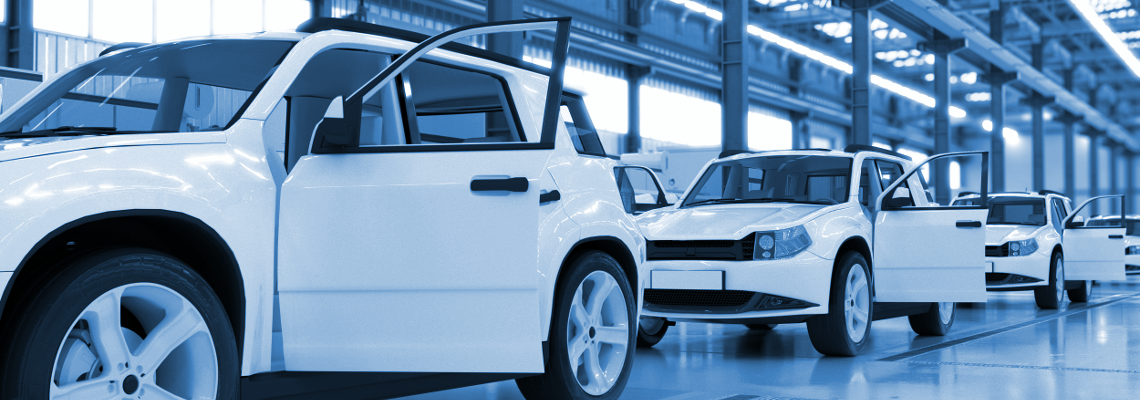Suzuki Withdraws from Thai 4-wheel Vehicle Production
THAILAND REPORT

Suzuki says it will withdraw from four-wheel vehicle production in Thailand. Production at the local subsidiary will cease by the end of 2025, and vehicles made at the main plant in India will be exported to Thailand for sale. Thailand has long been a stronghold of Japanese automakers, but Chinese automakers have gone on the offensive with low-cost EVs, and with Subaru’s decision to pull out, the plight of Japanese automakers is becoming more apparent.
Suzuki Motor Thailand (SMT), a local subsidiary, will cease production by the end of 2025, and SMT will focus on sales and customer service in Thailand. Thai Suzuki Motor, which produces motorcycles and outboard engines, will continue operations.





